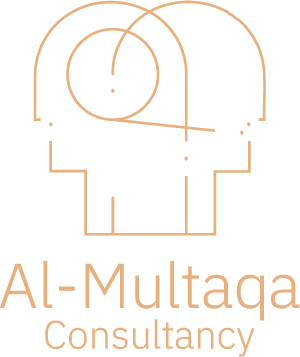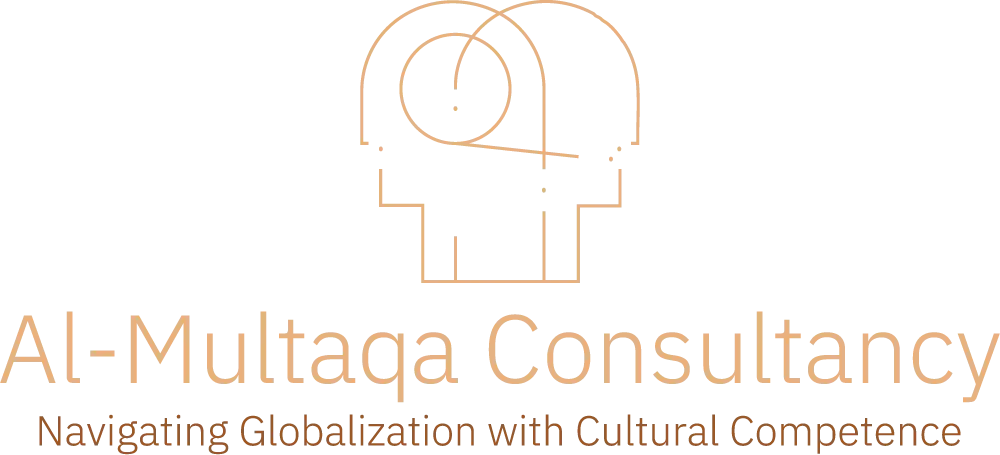The Importance of Intercultural Communication in Global Business
In today’s interconnected global market, effective intercultural communication is paramount, particularly within the Middle East and North Africa (MENA) region. This diverse area encompasses a wide array of cultures, dialects, and business practices, each necessitating a nuanced understanding to foster successful interactions. Recognizing and adapting to these cultural variances can significantly enhance business relationships, facilitating smoother negotiations, partnerships, and overall operations in the MENA market.
The MENA region is characterized by its rich tapestry of cultural, religious, and linguistic diversity. From the formal business etiquette in Saudi Arabia to the relationship-based negotiations in Egypt, each country within this region presents unique challenges and opportunities. For instance, in many parts of the MENA region, establishing trust and forming personal relationships is considered a critical component of business dealings. This contrasts sharply with Western business practices, where efficiency and directness often take precedence.
Misunderstanding these cultural nuances can lead to communication breakdowns, stalled negotiations, and missed opportunities. It is therefore crucial for leaders and business professionals operating in or with the MENA region to be well-versed in intercultural communication. This involves, not only language proficiency but also an in-depth understanding of regional customs, social norms, and religious holidays. For example, many businesses in the MENA region observe the Islamic calendar, which impacts work schedules, including during the holy month of Ramadan when work hours are significantly reduced.
Several multinational corporations have demonstrated the value of effective intercultural communication. For example, a global logistics company successfully expanded its operations in the MENA region by investing in intercultural training for its employees, resulting in a 35% increase in regional market share within two years. Similarly, a tech firm reported improved client satisfaction and business growth after adopting region-specific communication strategies and showing respect for local customs and traditions.
In conclusion, intercultural communication is not just a nice-to-have but a critical competency for any business aiming to succeed in the MENA region. By understanding and respecting cultural differences, businesses can navigate the complexities of the global market more effectively and achieve sustainable success.
Developing Effective Leadership Skills for Success in the MENA Region
The MENA region presents a distinct set of challenges for leaders, shaped by its cultural, economic, and geopolitical landscape. Effective leadership in this complex environment requires a nuanced understanding of the local contexts and an ability to manage diverse teams. Leaders must be adept at navigating the region’s multifaceted business practices while maintaining agility in response to dynamic geopolitical dynamics. Given these complexities, developing robust leadership skills tailored to the MENA region’s specific needs is paramount.
Successful leadership in the MENA region hinges on several core competencies. These include cultural intelligence, strategic decision-making, conflict resolution, and effective communication. Leaders must demonstrate an ability to build and inspire cohesive teams, harnessing the cultural diversity within their organizations to drive innovation and growth. Moreover, an understanding of local business etiquette and regulatory frameworks is crucial in ensuring compliance and fostering strong, ethical business relationships.
Al Multaqa Consultancy offers specialized leadership training programs designed to address these unique requirements. These programs are meticulously crafted to equip leaders with the skills necessary to thrive in the MENA business environment. The training encompasses a variety of modules, including intercultural communication, strategic leadership, and crisis management. By integrating practical insights and case-based learning, these programs enable leaders to apply theoretical knowledge to real-world scenarios, thereby enhancing their competency and adaptability.
One illustrative case study involves a senior executive at a multinational corporation who participated in Al Multaqa’s training program. Prior to the training, the executive faced significant challenges in managing a cross-cultural team and navigating the region’s regulatory complexities. Through the program, the executive developed a deep understanding of cultural nuances and honed their strategic leadership skills. Post-training, they successfully implemented new strategies that led to improved team cohesion and business performance, ultimately driving the organization’s growth in the MENA region.
In conclusion, developing effective leadership skills tailored to the MENA region is essential for success in its intricate business landscape. Through targeted training programs such as those offered by Al Multaqa Consultancy, leaders can acquire the capabilities needed to navigate the region’s unique challenges, fostering sustainable growth and innovation.



